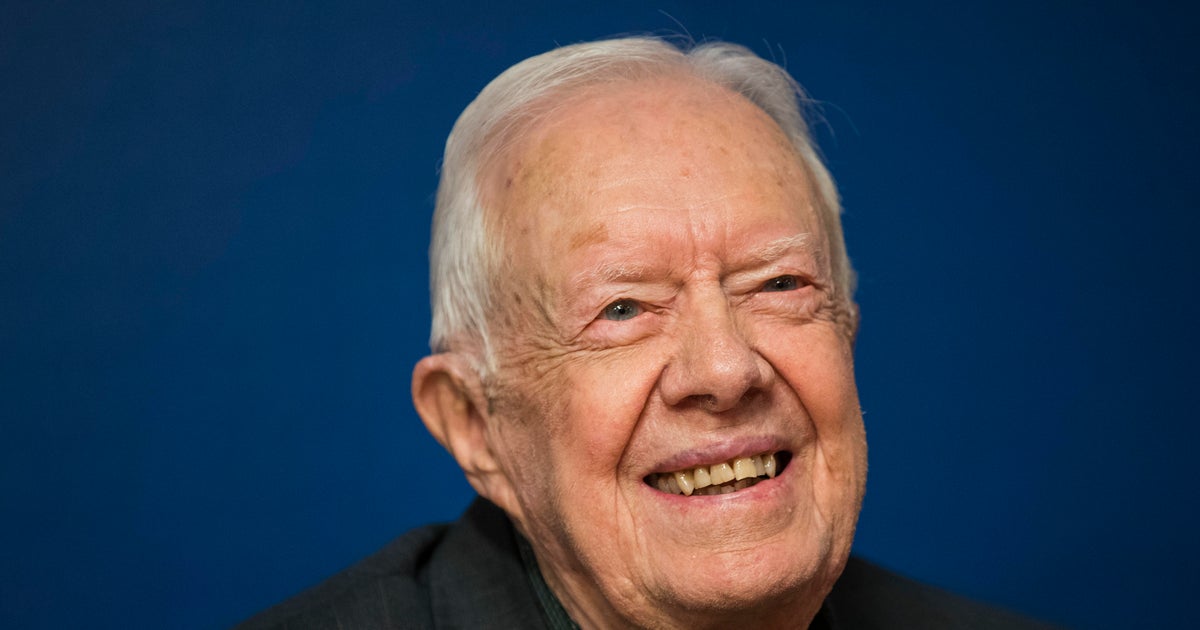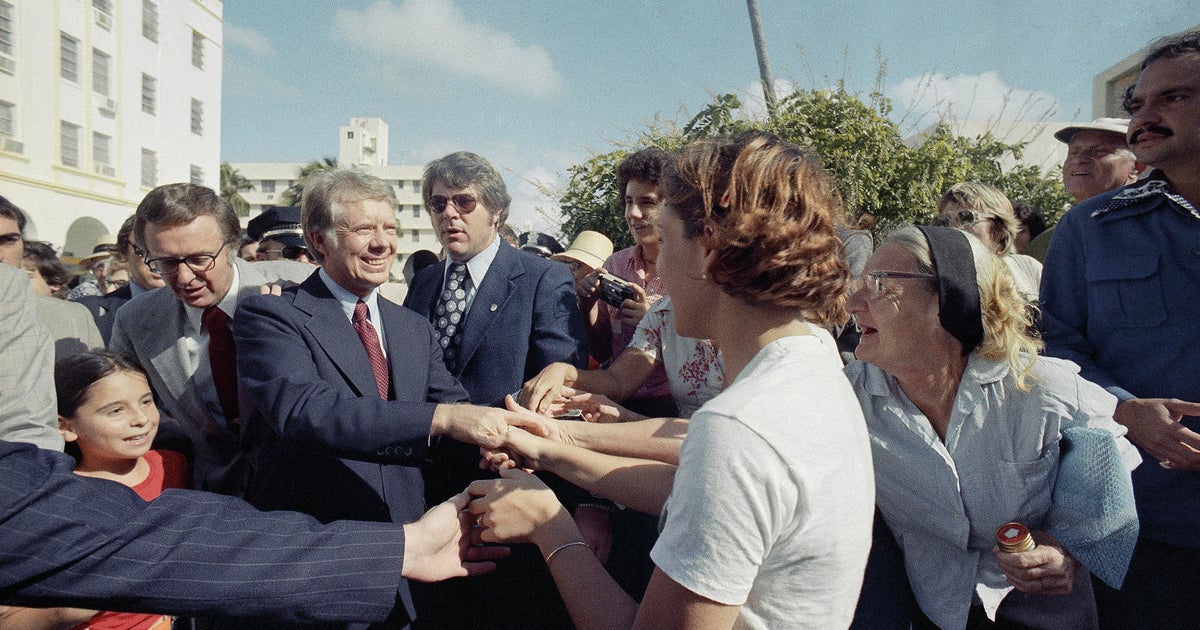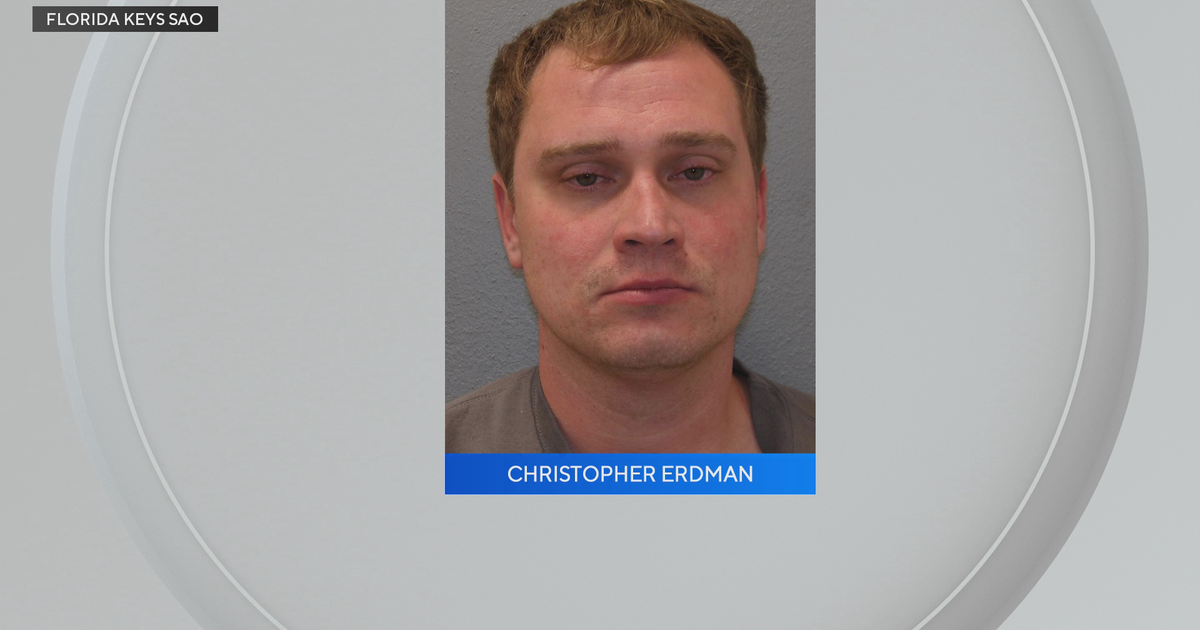Pope Benedict XVI's funeral led by his successor, Pope Francis, in a first for the Catholic Church
Pope Emeritus Benedict XVI was laid to rest Thursday in Vatican City in the first funeral ever conducted by a sitting pope for his predecessor. Pope Francis, who has led the Catholic Church since his election in 2013, following Benedict's surprise resignation, led the funeral Mass.
The historic funeral capped a chapter of Catholic Church history marked notably by Benedict's decision to step down — the first pontiff to do so in modern times. Benedict died last week at the age of 95.
Up to 100,000 people were expected to crowd into St. Peter's Square for the Mass, which was conducted in a manner similar to how it would be for a sitting pope.
The body of Pope Emeritus Benedict was carried before crowds in a traditional cypress wood coffin Thursday morning and placed before the ancient St. Peter's Basilica. It was a solemn occasion, as well as a historic one.
Among the tens of thousands gathered in the shadow of St. Peter's were more than 100 cardinals, 400 bishops and almost 4,000 priests from all over the world.
"He was a great pope," said Father Calistus Kahale Kabindama, a priest who came all the way from Zambia to pay his respects. "He was a marvelous pope."
The late pontiff had requested a simple funeral, and Pope Francis did not deviate from the notably-brief homily, which was heavy on scripture but light on personal touches.
At the end of the Mass, cardinals accompanied the retired pontiff's casket into the grottoes below St. Peter's Basilica, where he was buried, concluding the somber funeral and the nearly decade-long chapter during which there were two men in white robes at the Vatican.
The extremely rare circumstances meant this passing of a pontiff brought none of the typical uncertainty about "who is coming after him," CBS News Vatican consultant Monsignor Anthony Figueiredo said.
Figueiredo said Benedict XVI would be "remembered as a great intellectual."
Buried along with Benedict's body were coins minted during his papacy, and a one-page written historical account of his life, which notes his studies, research and retirement. It also notes that he lived out his later years, "in prayer and meditation."
Benedict lived in a monastery at the Vatican after his surprise resignation nearly 10 years ago. He still wore white robes, and spent most of his time reading and writing theology.
Nothing may have defined Benedict XVI's tenure as the leader of the world's Catholics so clearly as its ending — marked by his majestic farewell flight over the Eternal City in a helicopter — after he became the first pope in more than 700 years to resign voluntarily.
Benedict said at the time that his mental and physical strength had deteriorated "to the extent that I have had to recognize my incapacity to fulfill the ministry entrusted to me."
A naturally shy man, Benedict always said he never had ambitions to lead the world's 1.2 billion Catholics. But he was chosen in 2005 to succeed Pope John Paul II. At 78, he took on the role as the oldest pope in nearly 300 years.
He entered the priesthood after World War II and rose to become a cardinal. In the powerful position as head of the Vatican's Congregation for the Doctrine of the Faith, he earned the nickname, "God's Rottweiler," as a rigid enforcer of church policy. It was a characterization his biographer, John Allen, said Ratzinger worked hard to change.
"He was seen as harsh, as authoritarian, as controlling ... and it was important to him, right out of the gate, to revise that ... public image, and I think by and large he did so quite successfully," said Allen.
He did it by being what he naturally was: a teacher, and one who spoke clearly and without undue theological jargon.
Only Italy and Benedict's native Germany sent official delegations for the Mass on Thursday, though royalty from Belgium and Spain, along with more than a dozen heads of state and ambassadors to the Holy See from many nations also came to honor the former pope.
The U.S. conference of Catholic Bishops has called for a Novena, or nine days of prayer, in memory of Pope Emeritus Benedict XVI, starting on Thursday.







